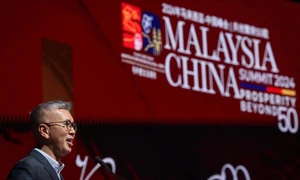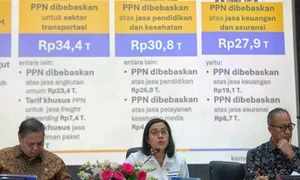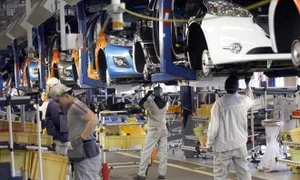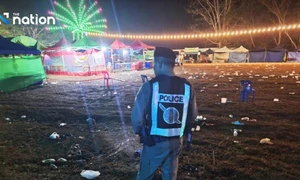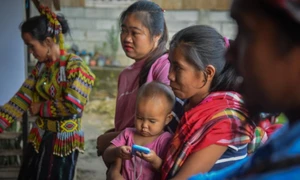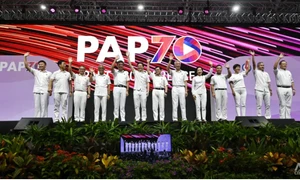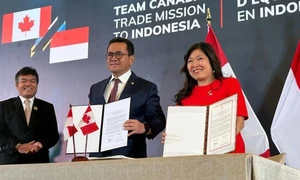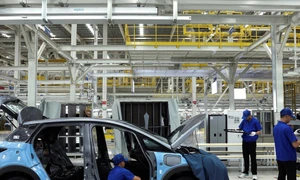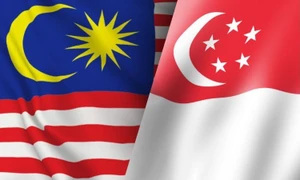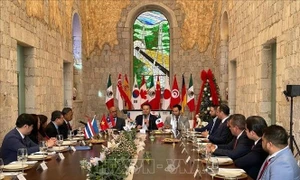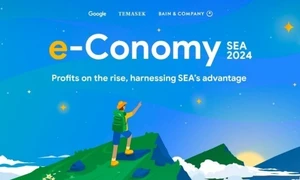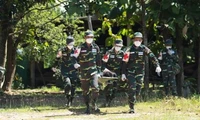Energy demand is projected to grow by 80% by 2050. Indonesia, the Philippines, Thailand, and Vietnam represent nearly three-quarters of total power generation in Southeast Asia; therefore, the ability of the region to meet its development goals largely depends on the countries’ current and future energy choices.
Yet, energy transition stakeholders in Southeast Asia have highlighted in a survey a series of common challenges: a lack of institutional capacity; a lack of platforms for timely information and intelligence sharing; excessive time spent in coordination; and duplication of work because stakeholders are not aware of others’ activities.
SIPET will tackle these challenges with four key functions: a suite of Power Sector Resources, a Project Database and Mapping Tool, a Knowledge-Sharing Hub, and a Community Forum for energy transition professionals.
“SIPET is a one-stop platform that pulls together available information and research, facilitates evidence-based discussions, supports professionals to understand key data and trends, and greatly improves coordination and knowledge-sharing among stakeholders,” said Simon Rolland, Energy Project Director of GIZ.
“Through SIPET, we aim to facilitate the narrative in the power sector towards an evidence-based energy transition that robustly supports the region’s development strategies, and towards joint actions that secure a clean, affordable and secure energy future for Southeast Asia.”
The CASE project, commissioned by the Federal Ministry of Economic Affairs and Climate Action of Germany (BMWK), aims to support Southeast Asian partner countries in the transition to a future energy system that provides reliable and affordable energy to the people while increasing political ambition to comply with the Paris Agreement. CASE contributes to shifting the narrative of the energy sector in Thailand, Indonesia, the Philippines and Vietnam towards an evidence-based energy transition./.

